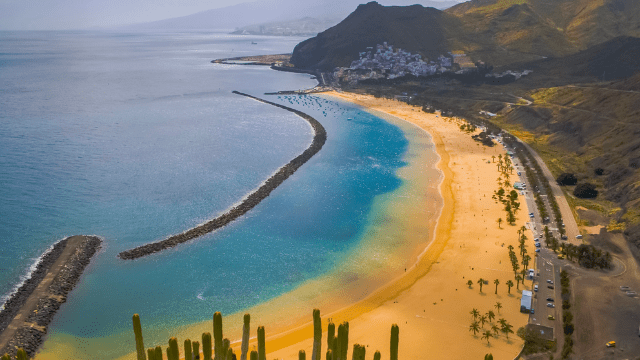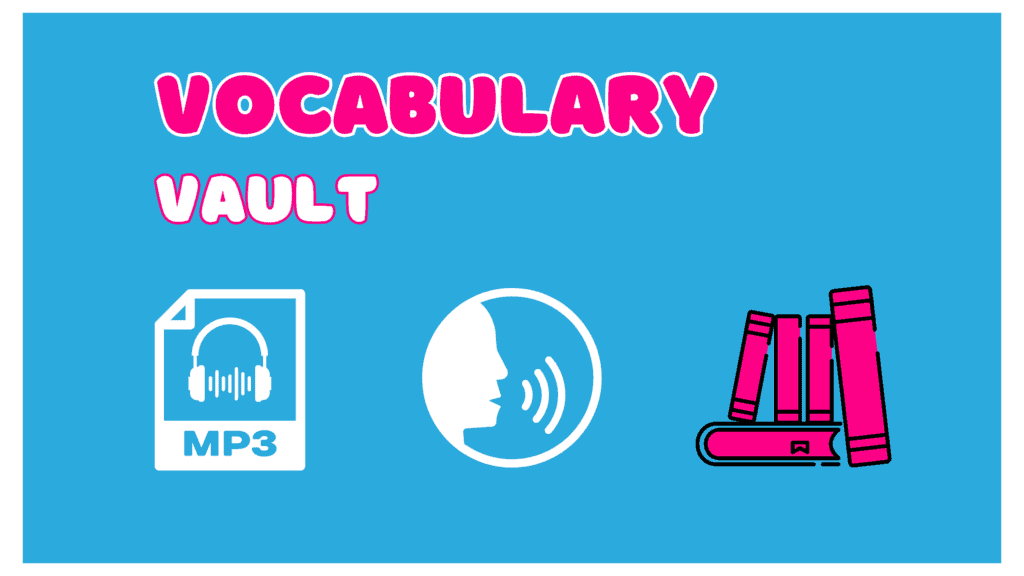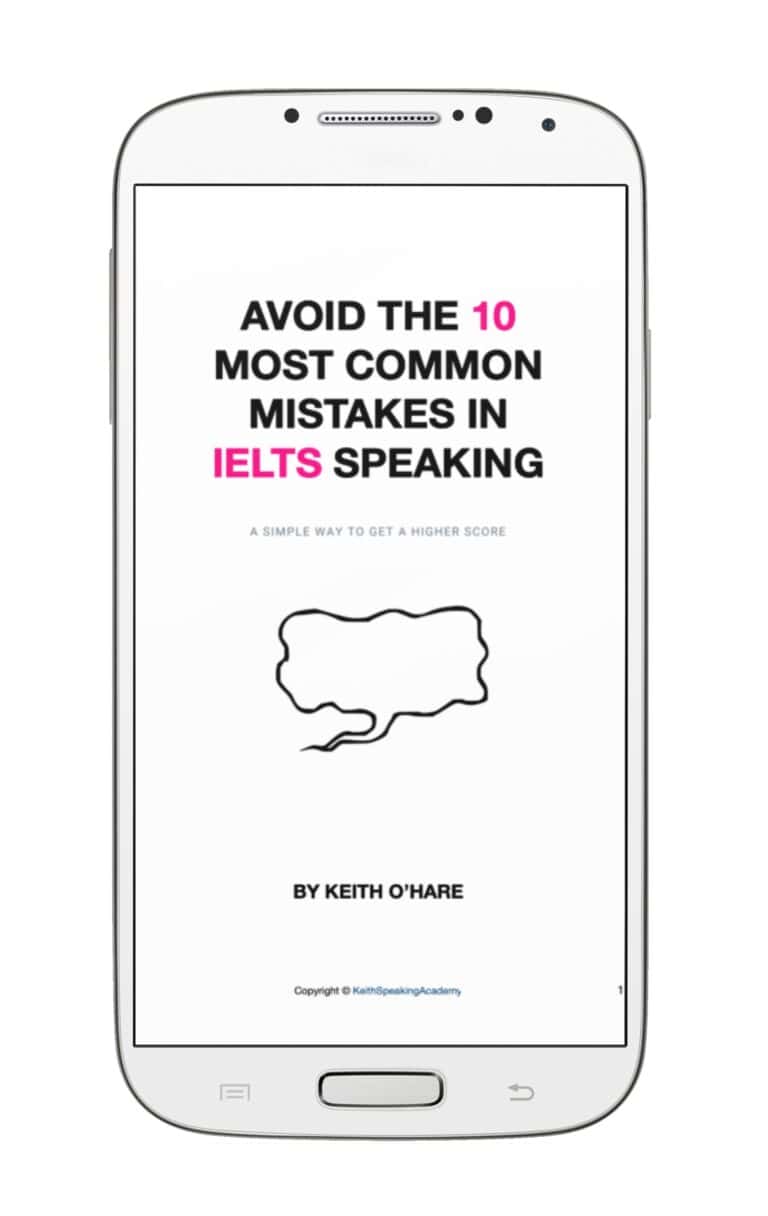IELTS Speaking Lesson about Cities
👇 Take this lesson with you! 👇
Table of Contents
IELTS Speaking: Describe a city
When describing your hometown or a city you have visited, or even a city you would like to visit, you may want to talk about the following,
- Location
- Interesting places
In IELTS Speaking Part 3, you may need to talk about the following,
- Advantages of living in a city
- Disadvantages of living in a city
Location
Here are some of the most common ways to describe the location of a city or town.
Manchester’s located in the north of England
Manchester’s located to the north of London
Here is a slightly more natural way of saying the same thing
It can be found in the south of India
It can be found to the south of New Delhi
It can be found on the south coast of India
In addition, you may want to be more specific and say,
It’s a two-hour drive from ____
It’s about three hours on the train from ______
Interesting Places in a City
Below we have some great phrases, including idiomatic phrases, to talk about the attractions or interesting sights a city has.
It’s famous for its _______
- temples
- museums
- art galleries
- beaches
- mountains
Places worth visiting include _____
Tourists tend to flock to _______
(=go in crowds to…)
The places that attract most visitors are _______
Visitors are drawn by the __________
- amazing views
- fantastic cuisine
- affordable hotels
- golden beaches
The _________ is a big pull factor
- old quarter
- the river
- the nightlife
TIP: In IELTS speaking you probably don’t want to list a lot of sights. Just choose one or two, and give more details about those.

IELTS Speaking topic: Urbanisation of cities
A common question on the topic of cities is the following:
- How cities have changed in recent years?
Here are some useful ideas and language you can use to talk more confidently and naturally on this topic.
Many new buildings have sprung up / cropped up
Both ‘to spring up’ and ‘to crop up’ mean ‘to appear’
There has been an influx of citizens into cities
An influx of people = a flow / movement of people
Increased urbanisation has led to a higher cost of living
Cost of living = the price of everyday things we need to live (e.g. rent, water, food…)
There are more recreational facilities and amenities
Recreational facilities and amenities include gyms, playgrounds, swimming pools, parks etc…
More and more shanty towns and slums have appeared
A slum = a poor and dirty area around a city
Advantages of living in a city

Disadvantages of living in a city
- Traffic congestion
- Traffic jams
- Pollution
- air pollution
- noise pollution
- traffic pollution
- water pollution
- light pollution
- Overcrowding (n.)
- Cities are overpopulated (adj.)
- Dense population
- Growth of slums
- High rate of competition for jobs
- High rate of unemployment
- Crime rate is very high
- High cost of living
- Wealth inequality
- Growing gap/disparity between the rich and poor
- High levels of stress
- The city is a concrete jungle
- You get stuck in the rat race
The rat race is a phrase describing the situation where you work 9 to 5 everyday and you are stuck in a boring routine.

How to create ideas in IELTS Speaking
Use the Branching Out method
- Choose one main idea
- Branch out and give more details
Each branch will give one detail about the main idea
Here is an example.
Question:
Does your hometown attract many tourists?
Main Idea = yes, because of the beaches
- Branch 1 = water sports
- Branch 2 = nice coffee bars
- Branch 3 = good transportation to get there
Answer:
Yes, the beaches are a big pull factor.
You know, there are a whole range of water sports you can do there,
surfing is one of the most popular,
On top of that, there are loads of nice coffee bars
dotted along the beach promenade
And what’s more, the beaches are well connected
so it’s easy to jump on a bus to get there
Visualisation
Visualisations are a fun and relaxing way to learn English.
You don’t need to study, just relax and listen.
As you listen to the visualisation in the lesson, just
- Relax
- Listen carefully
- Close your eyes
- Follow my instructions
Click to do the visualisation from the live lesson
For more visualisations, join the library here

Pronunciation Files For Vocabulary From My Best Live Lessons
Use Words EASILY in English Conversations!
More Free Lessons
If you liked this lesson, leave a comment below!
There are more lessons you can follow in the links below too.
ADVERTISEMENTS in IELTS Speaking. Idioms and vocabulary to learn how to talk about advertisements.
FAMILY in IELTS Speaking How to talk about your family, stages of life, as well as idioms about family.
HOLIDAYS in IELTS Speaking Discover the 10 things the British do on holiday and learn the useful vocabulary and idioms to talk about it.
SHOPPING in IELTS Speaking Learn the essential vocabulary for this topic, as well as how to talk about online shopping.


